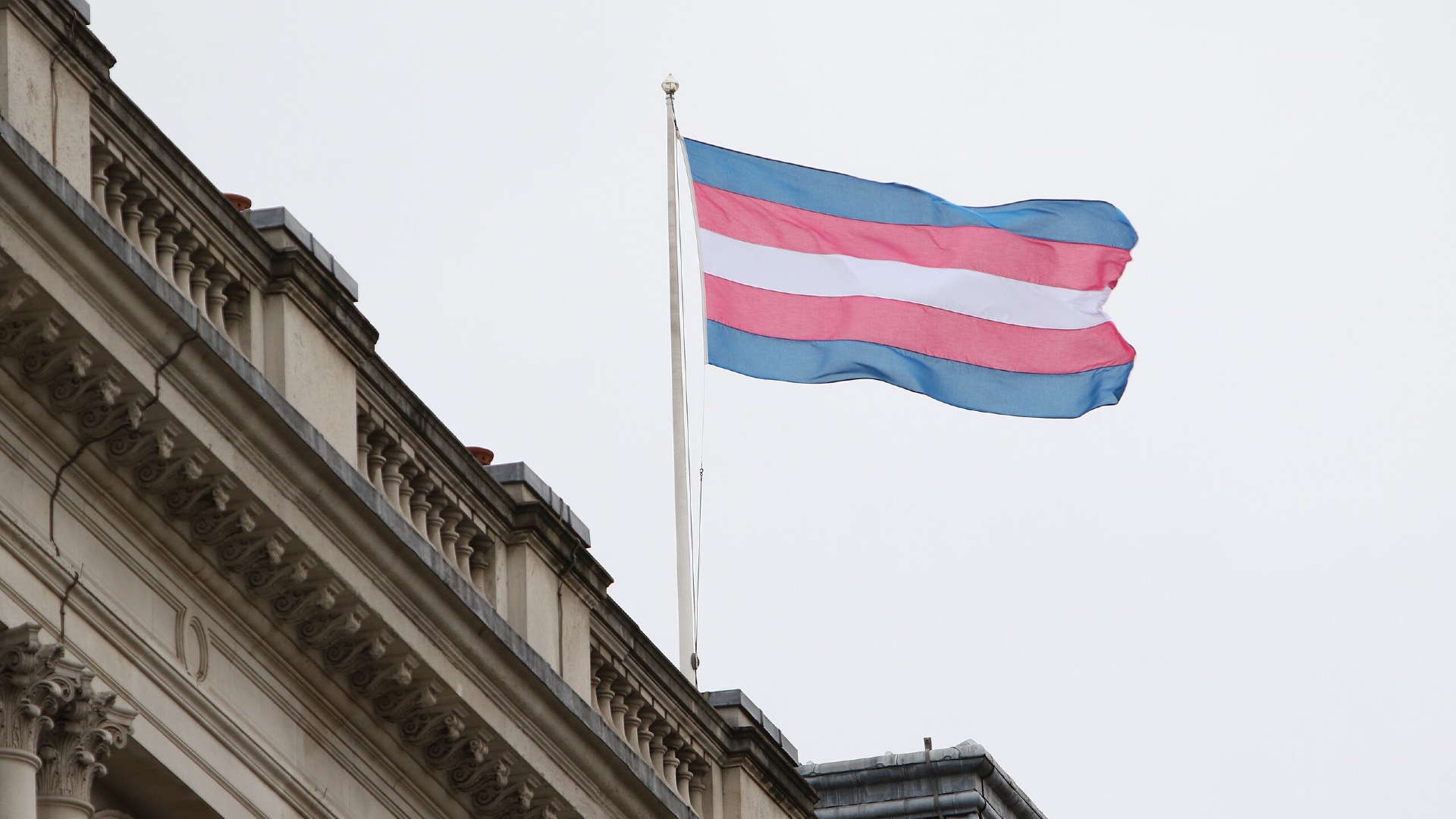Peru classifies trans identities as ‘mental health problems’ under new law
“Gender identity disorders” and “cross-dressing" are classed as insurable mental health conditions in the South American country

Peru has classified transgender and gender-diverse identities as “mental health problems” under a new law.
Under the change, the Peruvian Health Ministry’s list of insurable mental health conditions now includes “gender identity disorders” and “cross-dressing.”
The government’s supreme decree, signed in by Peruvian President Dina Boluarte, contradicts World Health Organisation (WHO) guidance and has led to protests in the capital, Lima.
“An archaic vision”
In a joint statement, 60+ LGBTQ organisations in Peru called the move an “an archaic vision.”
“The adoption of such a decree constitutes a serious setback in terms of our rights and in the recognition of our dignity as individuals,” the statement adds. “This measure not only reflects a lack of understanding and respect for sexual and gender diversity, but also has devastating consequences for our lives.”
Protests have also taken place near the Peruvian Embassy in Ecuador’s capital, Quito.
Gia Cruzado, a transgender woman and writer, was quoted in ABC News as saying: “We have had conservative governments for many years. We had military governments, then right-wing governments linked to Catholic and evangelical churches, so the position regarding us they have revived again.
“The decree is a step backwards and is a way to continue closing the doors to progress for our community.”
“Dangerous and shameful”
Peruvian American politician Robert Garcia has also spoken out against the measure.
“As a gay Peruvian-American and the first Peruvian American to serve in Congress, it’s clear to me the decision by the Boluarte administration and the right-wing Congress to attack and label trans and intersex Peruvians as ‘mentally ill’ is discriminatory, dangerous and shameful,” he said in a statement.
“Instead of working on real problems – democratic backsliding, illegal mining and logging, and worker exploitation – this extreme measure moves Peru backward. I’ll be working directly with the State Department to push back on this direct attack on LGBTQ+ Peruvians.”
In 2019, WHO redefined its language around gender identity-related health, moving “gender incongruence” out of the “mental and behavioral disorders” category and into the “conditions related to sexual health” category.
“This reflects current knowledge that trans-related and gender diverse identities are not conditions of mental ill-health, and that classifying them as such can cause enormous stigma,” WHO guidance states.
